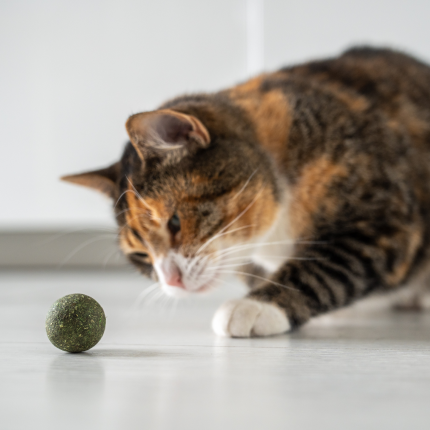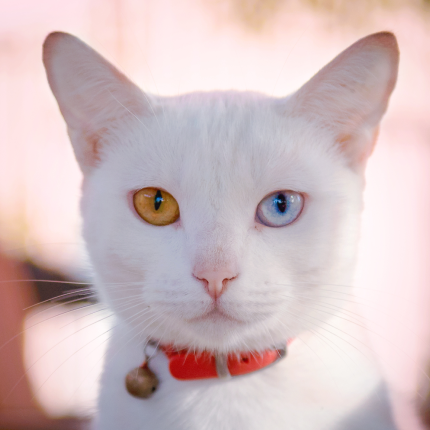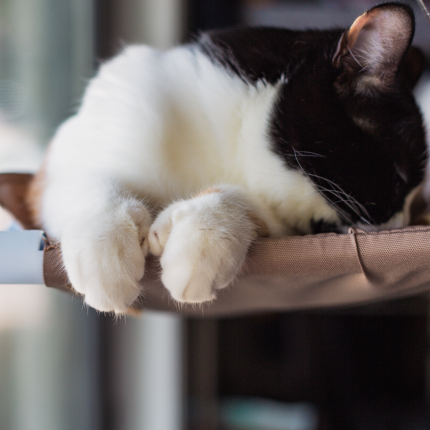Fetching Instinct in Cats

Many pet owners are familiar with the classic game of fetch, often associated with dogs. However, recent research has shown that cats can also enjoy this playful fetching activity!
The Study
Contrary to the common perception that cats are aloof and uninterested in interactive play, studies have demonstrated that over 40% of cats engage in fetching. This behavior is not just a quirk but deeply rooted in their hunting instincts. Like dogs, cats are predators, and their play often mimics their actions when hunting prey.
A recent study examined the behaviors of 924 cat owners, finding that over 40% of cats were prone to retrieving various objects, ranging from toys to everyday household items. Interestingly, most of these cats did not require training to engage in fetching; they exhibited this behavior spontaneously. Cats preferred initiating the game by bringing the toy to their human companions rather than waiting for it to be thrown.
The Comparison with Dogs
While cats can exhibit fetching behavior, dogs have long been recognized for their enthusiasm for this game. Many dog breeds have been developed specifically for hunting and retrieving, which explains their strong inclination toward fetching. A comparative study found that nearly 78% of dogs surveyed reportedly engaged in fetching activities.
This study also indicated that male animals of both species were more likely to fetch, while older pets or those with health issues were less inclined to participate. Interestingly, sharing a home with a dog decreased the likelihood of a cat engaging in fetching.
Behavioral Insights
The motivations behind fetching in both cats and dogs can be traced back to their predatory behaviors. Cats, as stalk-and-pounce hunters, naturally exhibit behaviors that mimic capturing prey. On the other hand, dogs are pursuit predators, known for chasing and retrieving. Breeds specifically trained for retrieving have adapted their instincts to excel in fetching.
The research also highlighted certain breed tendencies. For dogs, breeds such as Labrador Retrievers and Golden Retrievers were most likely to fetch due to their high trainability and playfulness. In the case of cats, breeds like the Siamese, Tonkinese, and Bengal exhibited the highest propensity for fetching.
The Role of the Human Bond
Interestingly, human involvement plays a crucial role. If there is a strong bond between the human and the pet, the likelihood of fetching activities increases. Yet another piece of evidence favoring cats isn’t all jerks, just discerning creatures.
This study certainly underscores the importance of nurturing your human-animal bond and providing an enriched environment that allows pets to explore their natural instincts. Because what is cuter than watching a cat play fetch? That’s right. Nothing.

Featured Articles

Greebles and Cats: The Origin and the Meaning
You may have seen an internet sensation concerning cats labeled “greebles.” Feel out of the loop? We’re here to help you. In 2019, Reddit user /user/literallyatree commented on a Reddit post about a cat that looks like it’s trying to slap a ghost. This user commented: “My family calls things…

The Odd-Eyed Cat (AKA Heterochromia)
Cats are already beautiful and fascinating creatures, but people are bound to take notice when they have something as captivating as two different colored eyes. Odd-eyed cats always have one blue eye paired with either a green, yellow, or brown eye. This form of heterochromia occurs in other animals, including…

Polydactyl Cats: Just More Beans to Love
Polydactyl cats have become extremely popular in recent times. As a result, more and more people are interested in learning more about this six-toed cat and want to get one of their own. If you are a cat lover intrigued by polydactyl cats, you have come to the right place….
